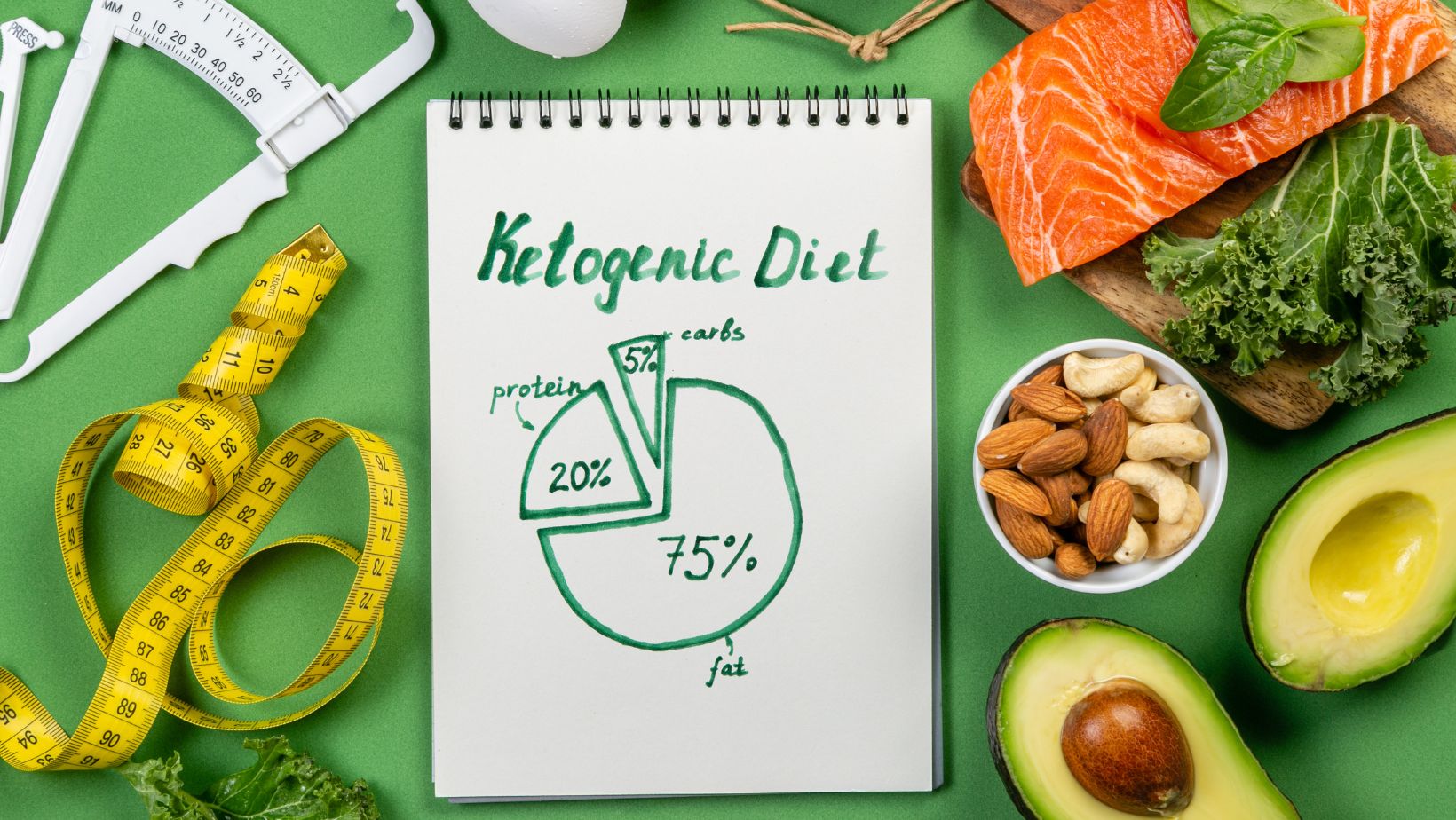
Is Keto Diet Safe for 70 Year Old Woman
Is the keto diet safe for a 70-year-old woman? This is a question that many individuals in this age group may have. As an expert, I understand the importance of considering one’s health and well-being when adopting any dietary changes. Let’s delve into the topic and explore whether the keto diet is suitable for a 70-year-old woman.
The ketogenic diet, or keto diet, has gained popularity in recent years due to its potential benefits for weight loss and improved metabolic health. This low-carb, high-fat eating plan focuses on consuming foods that are rich in healthy fats while minimizing carbohydrate intake. However, it’s crucial to assess whether this type of diet is appropriate for older adults, especially those with specific health concerns.
It’s important to note that every individual is unique, and what works for one person may not work for another. Before starting any new dietary regimen, it’s advisable to consult with a healthcare professional who can evaluate your specific needs and medical history. They can provide personalized recommendations based on factors such as overall health status, existing medical conditions, medications being taken, and lifestyle factors.
Considerations for a Keto Diet at 70 Years Old
Potential Risks and Considerations
When considering the adoption of a keto diet at the age of 70, it is important to be aware of potential risks and considerations. While the keto diet has gained popularity for its weight loss benefits, it may not be suitable for everyone, especially older individuals. Here are some factors to keep in mind:
- Metabolic Changes: As we age, our metabolism naturally slows down. This can make it more challenging for older women to adapt to a high-fat, low-carbohydrate diet like keto. It’s essential to monitor your body’s response and consult with a healthcare professional if you experience any adverse effects.
- Nutritional Deficiencies: Older individuals often have different nutritional needs compared to younger adults. Following a restrictive diet like keto may increase the risk of nutrient deficiencies in older women, such as calcium or fiber. Ensuring an adequate intake of essential vitamins and minerals through supplementation or carefully planning meals is crucial.
- Medication Interactions: If you’re taking medications for underlying health conditions, it’s important to consider how they may interact with a ketogenic diet. Some medications may require adjustments in dosage or timing when following this type of eating plan. Consulting with your healthcare provider will help ensure that your medication regimen aligns with your dietary choices.
Nutritional Needs for Older Women on the Keto Diet
Maintaining proper nutrition is vital at any age, but it becomes even more critical as we grow older. When adopting a keto diet as a 70-year-old woman, there are specific nutritional considerations to keep in mind:
- Adequate Protein Intake: Protein is essential for preserving muscle mass and supporting overall health in older adults. Ensure that your keto meal plan includes sufficient protein sources such as lean meats, fish, eggs, nuts, and seeds.
- Healthy Fat Choices: Focus on incorporating healthy fats into your diet, such as avocados, olive oil, nuts, and seeds. These provide essential nutrients while helping to maintain satiety on a low-carbohydrate eating plan.
- Fiber-Rich Foods: Although the keto diet restricts carbohydrates, it’s important to include fiber-rich foods in your meals. Opt for non-starchy vegetables like leafy greens, broccoli, and cauliflower to support digestive health and prevent constipation.
Consultation with a Healthcare Professional
Before embarking on any dietary changes at the age of 70, it is crucial to consult with a healthcare professional. They can assess your individual health status, evaluate potential risks and benefits of the keto diet for you specifically, and provide personalized recommendations.
A healthcare provider will consider factors such as your medical history, current medications, nutrient requirements, and overall health goals before determining if the keto diet is suitable for you. Their guidance will help ensure that you approach the diet safely and effectively.

